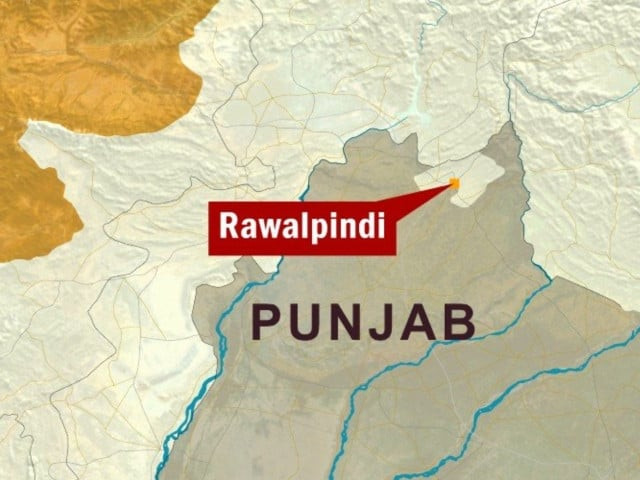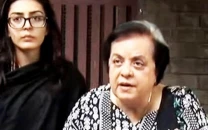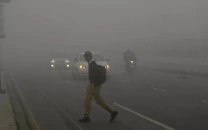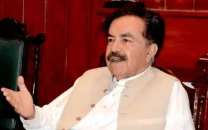School privatisation faces stiff opposition
Teachers' protest shuts down government schools in Rawalpindi

Government school teachers across Rawalpindi district held a complete strike on Tuesday in response to the Grand Teachers Alliance's call for protest against the privatisation of schools and changes to pension and leave encashment policies.
The strike, which closed all government schools, highlighted the teachers' firm opposition to the sale and privatisation of 450 schools in Punjab.
The protesters voiced their demand that instead of privatising these schools, the Punjab government should reconsider its policies and find alternative solutions. Teachers expressed that schools should not be handed over to contractors, arguing that doing so would have a detrimental impact on the quality and accessibility of education. The strike effectively paralysed the education system in the district, as schools closed by 10am, leaving thousands of students without classes.
The protesting teachers marched along Murree Road, carrying banners and placards with slogans demanding that the government reverse its decisions. Many of the teachers, including a large number of female participants, endured the scorching heat, some of them using umbrellas to shield themselves from the sun, as they continued their march.
In a dramatic response to the protest, District Education Authority CEO Yasin Baloch issued show-cause notices to the leaders of the teachers' strike. Several teacher leaders were suspended with immediate effect, and they were threatened with legal action under the Termination of Employment Act.
Despite the disruptions caused by the strike, the teachers remained determined and announced plans for a larger sit-in protest in Lahore on September 26, where they plan to continue pressing their demands. Traffic in the city was also severely impacted, as the protests led to significant road blockages on Murree Road and adjoining routes.
Leaders of the Punjab Teachers Union, including Qazi Imran, Shahid Mubarak, and Educators Association President Malik Amjad, made a joint statement, emphasising that their protests would not cease until their demands were met.
They called for the suspension of all examinations until a resolution was reached, while also stressing that free education up to matriculation is a constitutional right, and the government must uphold this responsibility.
Shafiq Bhalwalia, Central Secretary General of the Punjab SES Teachers Association, argued that handing schools over to contractors would result in a significant decline in educational quality. He pointed out the vast difference in qualifications between government school teachers, many of whom hold advanced degrees such as PhDs and MPhils, and the less qualified staff hired by privatized schools. He further warned that privatisation would lead to additional fees for students, making education less accessible for lower-income families.
Abdul Rauf Kayani, another protest leader, warned that Punjab's education system was on the verge of a major crisis, with 28 million children already out of school. He cautioned that the privatisation of schools could push this number to 30 million by December, exacerbating the educational crisis. He also raised concerns about the sale of school land, valued at billions of rupees, which he said could be sold off to private owners for commercial development.
The teachers' protest has garnered significant attention due to the escalating tensions with the Education dept. Mubarak revealed that teachers are being pressured to voluntarily resign, while a new federal law could soon result in the forced termination of employees aged 50 and above.



















COMMENTS
Comments are moderated and generally will be posted if they are on-topic and not abusive.
For more information, please see our Comments FAQ